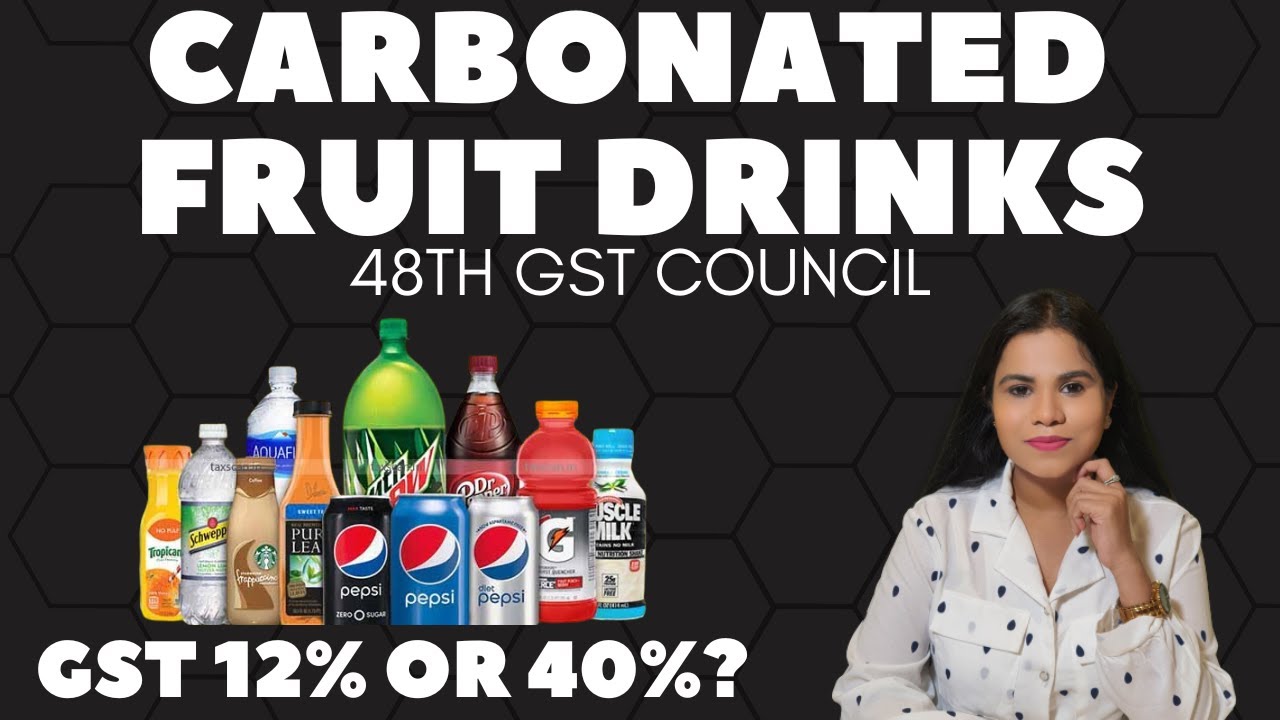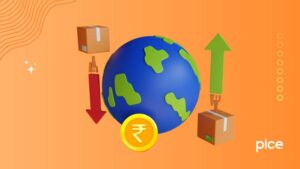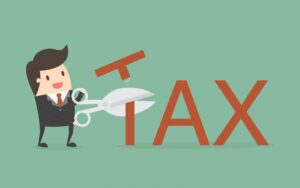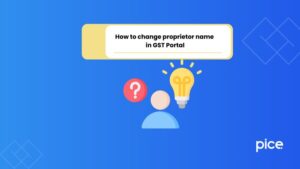GST Rate on Soft Drinks in Restaurants
- 27 Aug 24
- 6 mins
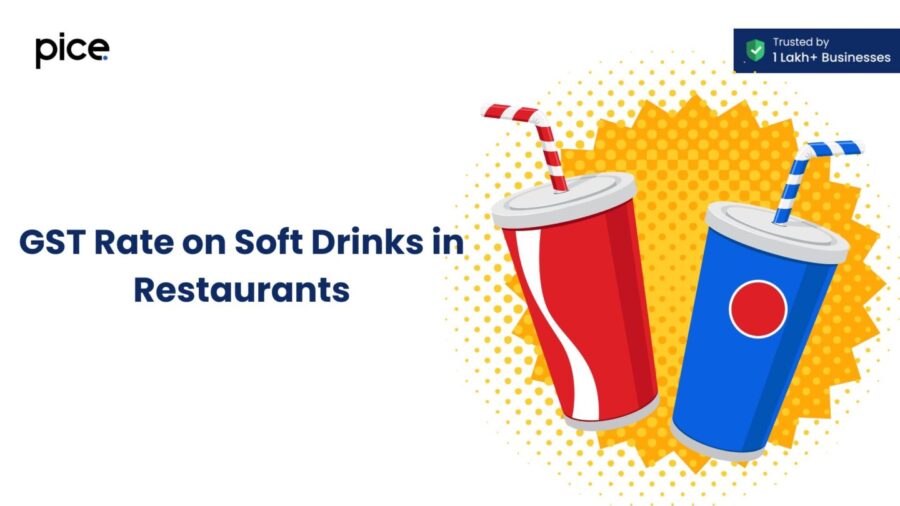
GST Rate on Soft Drinks in Restaurants
Key Takeaways
- Most carbonated drinks like Coca-Cola and 7up have a GST rate of 28%.
- Different types of water, including distilled and 20-liter water cans, generally have an 18% GST rate.
- The GST rate for cold drinks served in restaurants varies from 5% to 18%, depending on the type of restaurant.
Soft drinks, often referred to as aerated drinks, are popular items on restaurant menus. Understanding the GST rates and HSN codes applicable to these beverages can help restaurant owners and customers ensure compliance and proper billing.
Handle all your sales and purchase invoices in one place.
Pice’s all-in-one invoice management tool helps you track, send, and organize invoices from a single dashboard. Automatically share new invoices with customers, send timely payment reminders, and keep your collections under control—effortlessly.
Want early access? Fill out this form to get request a demo!
The GST rates on various beverages and drinks, including cold drinks and other non-alcoholic beverages, have a significant impact on beverage costs. The current GST rate for non-alcoholic drinks, such as fruit-based carbonated drinks, is 18%. This tax rate influences the pricing and, consequently, consumer behavior, as informed consumer choices are often driven by cost considerations.
In the cold drink business, brands like 7up are subject to specific GST rates that can affect the overall beverage tax. Understanding the respective GST rates for different types of beverages, including fruity beverages and cold beverages, is crucial for both businesses and consumers.
Here’s a detailed guide on the GST rates on soft drinks in restaurants.
Impact of Notification No. 01/2021-Compensation Cess (Rate) on the Carbonated Beverage Industry
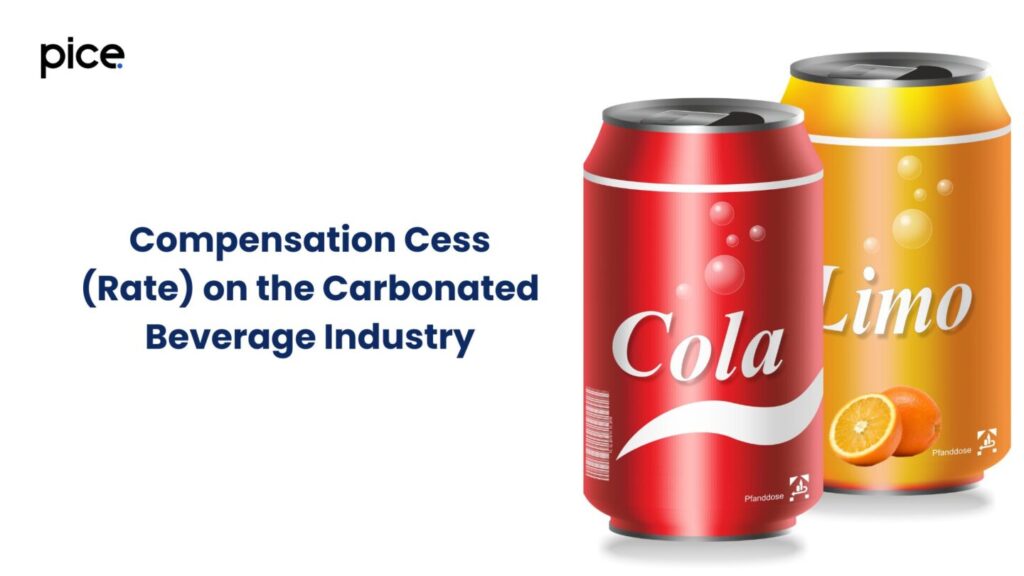
The issuance of Notification No. 01/2021-Compensation Cess (Rate) has significant implications for the carbonated beverage industry. This notification levies an additional compensation cess on carbonated drinks, which directly impacts the overall GST rates applicable to these products.
The increased tax burden can affect pricing strategies of companies, potentially leading to higher retail prices. This, in turn, may dampen consumer demand, especially in price-sensitive markets. The industry must navigate these changes by adjusting their cost management practices and ensuring tax compliance to avoid penalties.
Additionally, companies may need to revisit their revenue generation models to accommodate the new tax structure while remaining competitive in the market.
GST Rates on Other Beverages and Drinks
GST rates on beverages and drinks vary based on their classification under different HSN codes. For instance, fruit juices and health drinks may attract lower GST rates compared to carbonated beverages and energy drinks.
Bottled water, including mineral and aerated water, also falls under specific tax brackets. Understanding the tax classification and corresponding GST rates for each type of beverage is crucial for businesses to ensure compliance and accurately assess their tax liability.
Properly categorizing these products under the correct HSN codes helps in determining the applicable GST rates, which can impact pricing, marketing strategies, and overall financial planning for companies in the beverage industry.
| Beverage/Drink Type | HSN Code | GST Rate |
|---|---|---|
| Aerated Water | 2201 | 18% |
| Mineral Water | 2201 | 18% |
| Packaged Drinking Water | 2201 | 18% |
| Tender Coconut Water | 2202 | 12% |
| Non-Alcoholic Beverages (carbonated) | 2202 | 28% |
| Fruit-Based Fizzy Drinks | 2202 | 28% |
| Carbonated Fruit Drinks | 2202 | 28% |
| Fruit Juice-Based Drinks | 2202 | 12% |
| Other Non-Alcoholic Beverages | 2202 | 18% |
| Artificial Mineral Waters | 2201 | 18% |
| Distilled Water | 2851 | 18% |
| Cold Drinks (like Coca-Cola, 7up) | 2202 | 28% |
| Sugar-Free and Sugary Beverages | 2202 | 28% |
| Water (NIL water) | 2201 | NIL |
GST on Cold Drinks in Restaurants
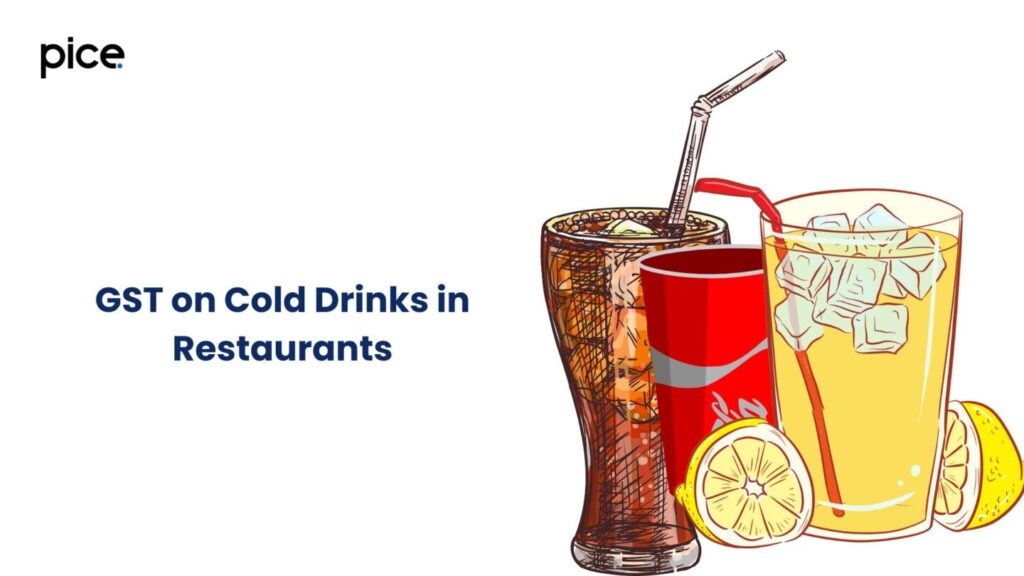
When cold drinks are served in restaurants, the applicable GST rate can vary based on the type of establishment and the specific circumstances of the service:
- Non-AC Restaurants: The GST rate for cold drinks served here is typically lower.
- GST Rate: 5%
- AC Restaurants: For cold drinks served in air-conditioned restaurants.
- GST Rate: 18%
The Non-Alcoholic Beverage Industry Appeals for Reduced Taxes on Fruity Drinks
The non-alcoholic beverage industry has been actively appealing for reduced taxes on fruity drinks. This sector argues that lower GST rates on such beverages can enhance consumer affordability, promote healthier drinking choices, and stimulate market growth.
Industry representatives and lobbyists have presented these appeals to government policymakers, highlighting the potential benefits of reduced taxes on fruity drinks. A favorable response from the government can lead to adjustments in the GST rates, making these beverages more accessible to a broader consumer base.
By aligning tax policies with the industry's recommendations, the government can support the growth of the non-alcoholic beverage market while encouraging the consumption of healthier drink options.
Conclusion
Knowing the correct GST rates and HSN codes for soft drinks in restaurants helps both customers and businesses navigate the taxation landscape effectively. This guide provides a comprehensive overview of the applicable rates, ensuring compliance and clarity in billing.
💡Facing delays in GST payment? Get started with PICE today and streamline your GST payments. Click here to sign up and take the first step towards hassle-free GST management.







